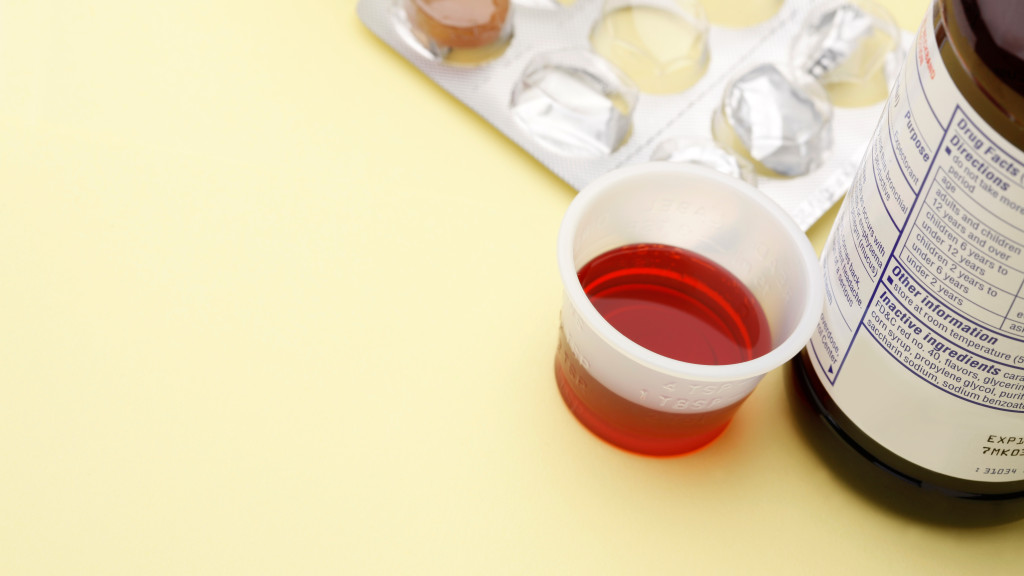SOurce: baltimore.cbslocal.com
Cold and flu symptoms can be brutal, and pharmacies are full of over-the-counter remedies.
But, according to research, some of those quick fixes could spell trouble for your heart.
“People with uncontrolled high blood pressure or heart disease should avoid taking oral decongestants,” said Sondra DePalma, a physician assistant at the PinnacleHealth CardioVascular Institute at UPMC Pinnacle in Pennsylvania. “And for the general population or someone with low cardiovascular risk, they should use them with the guidance of a health care provider.”
DePalma co-authored guidelines released in 2017 by the American Heart Association and American College of Cardiology focusing on the management of high blood pressure in adults. Both decongestants and non-steroidal anti-inflammatories (NSAIDs), found in many cold medicines, were listed as medications that could increase blood pressure.
Decongestants – like pseudoephedrine or phenylephrine – constrict blood vessels. They allow less fluid into your sinuses, said Dr. Raymond R. Townsend, director of the hypertension program at the Hospital of The University of Pennsylvania.
“The highest risks are in people with diabetes, kidney disease, or a prior heart attack, stroke or heart failure,” Townsend said. “They are the most vulnerable to a consequence from blood pressure increases.”
But research on NSAIDs suggests seemingly healthy people might also be at risk.
A 2017 study in the Journal of Infectious Diseases looked at nearly 10,000 people with respiratory infections who were hospitalized for heart attacks. Participants were 72 years old on average at the time of their heart attacks. Many had cardiovascular risk factors, such as diabetes and high blood pressure. Researchers found that people who used NSAIDs while sick were more than three times as likely to have a heart attack within a week compared with the same time period about a year earlier when participants were neither sick nor taking an NSAID.
This may be due to the compound effect.
Merely having a cold or the flu strains the cardiovascular system. Fighting the illness raises the heart rate and causes inflammation. Meanwhile, NSAIDs – which carry a warning label about the increased risk for a heart attack or stroke – can cause problems by reducing the amount of sodium expelled through the urine, which increases fluid retention and raises blood pressure, DePalma said.
People with high normal blood pressures who may feel safe – or people with hypertension on medications like beta blockers – are also at risk, Townsend said. Those who are sick should use both classes of medications – decongestants and NSAIDs – carefully and understand the potential side effects.
